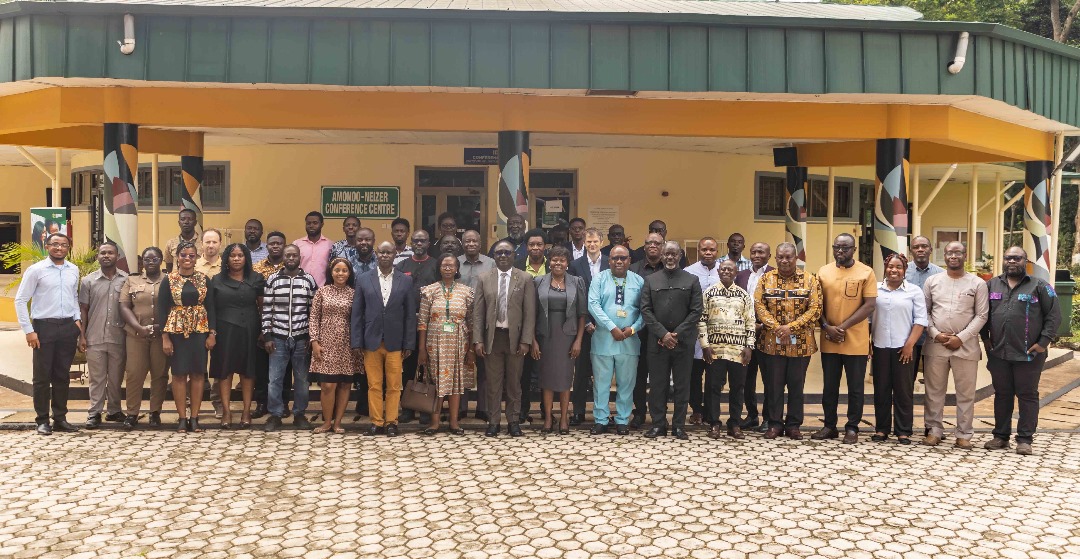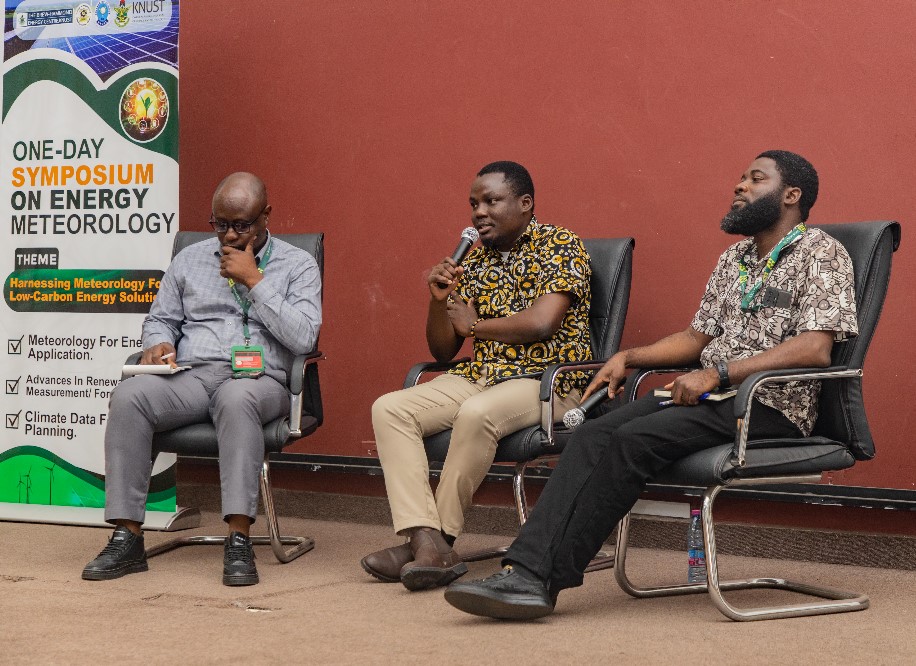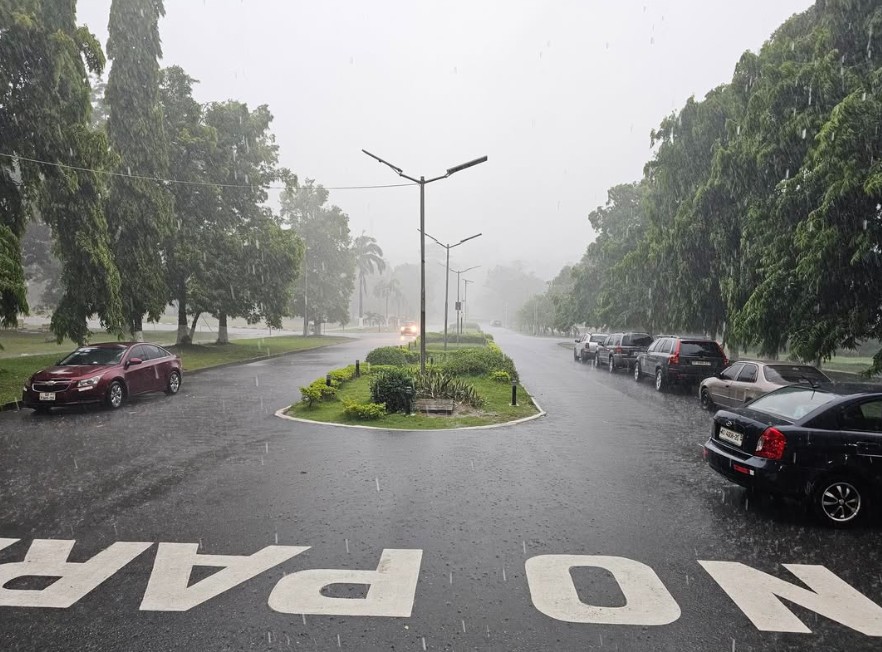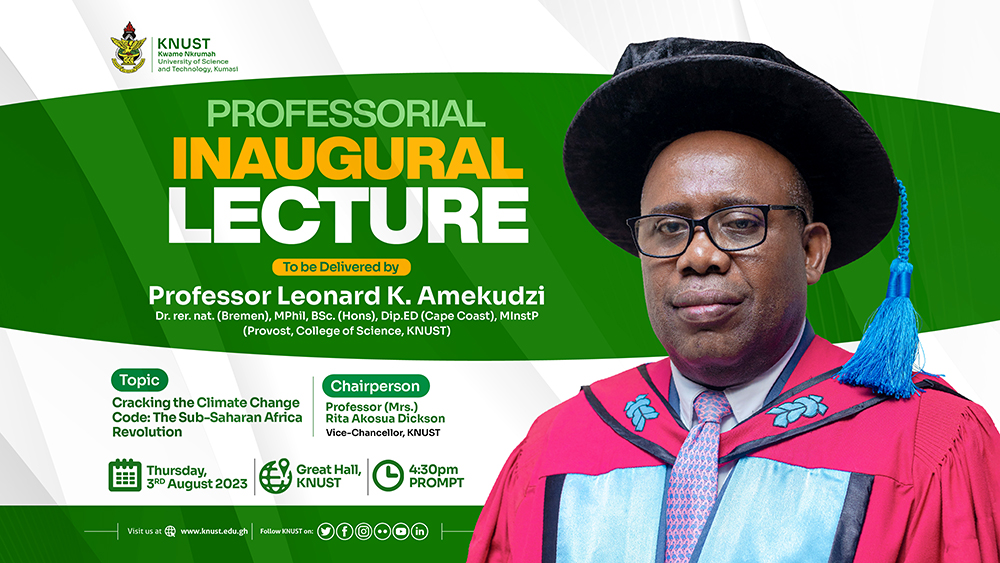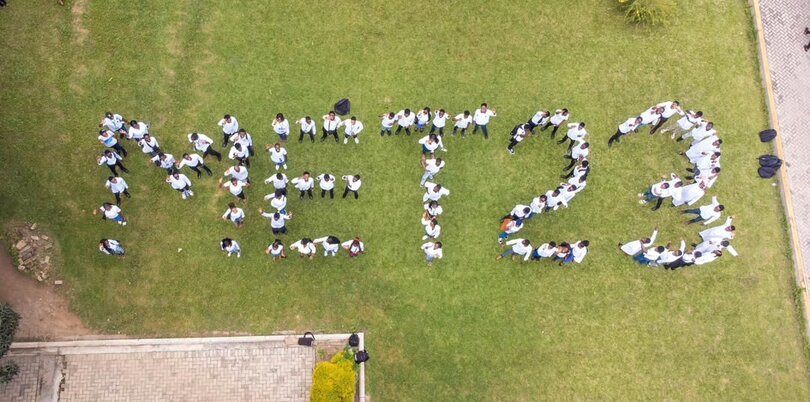The Brew-Hammond Energy Centre Drives Discourse on Meteorology and Sustainable Energy
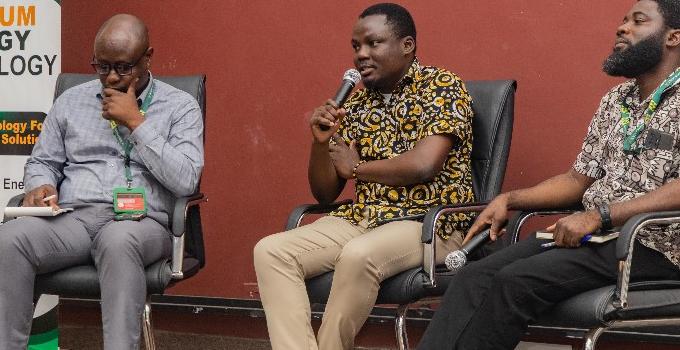
The Brew-Hammond Energy Centre at KNUST, under the leadership of its Director, Professor David Ato Quansah, in collaboration with the Department of Meteorology and Climate Science, has organised a one-day hybrid symposium to explore the critical intersection of meteorology and energy science.
Held under the theme "Harnessing Meteorological Science for Low-Carbon Energy Solutions," the event brought together a distinguished gathering of academics, industry professionals, and policymakers to deliberate on the growing importance of meteorological science in the transition to sustainable energy systems.
In his keynote remarks, Professor Emmanuel Quansah, Head of the Department of Meteorology and Climate Science, underscored the urgent need for interdisciplinary collaboration in addressing climate change. He noted, “Energy meteorology has emerged as a vital discipline for enhancing the reliability, efficiency, and resilience of energy systems. This symposium seeks to promote knowledge exchange, foster research collaborations, and drive innovation in energy meteorology.” He further urged for global cooperation in climate and energy science, encouraging all participants to leverage the platform to build meaningful partnerships and contribute to the global sustainable energy agenda.
A highlight of the symposium was a thought-provoking panel discussion that examined the nexus between meteorology and energy. The panel emphasized the critical role of accurate and accessible meteorological data, particularly in forecasting solar and wind energy, to inform decision-making in Ghana’s energy sector. Contributing to the discussion were Dr. Denis Edem K. Dzebre, Dr. Jeffrey N. A. Aryee, Dr. Michael Kweku Edem Donkor, and Mr. Frederick Kenneth Appiah from the Ghana Energy Commission.
Participants also benefited from a series of technical presentations on the latest advancements in solar and wind energy forecasting, alongside an overview of the meteorological services provided to the energy sector by the Ghana Meteorological Agency (GMET). One of the notable presentations was delivered by Mr. Maxmillian Kwarteng of the Bui Power Authority, who shared a practical case study on how climate data supports the optimisation of renewable energy generation.
Adding an international dimension to the event, Dr. Jaqueline Drücke of the Deutscher Wetterdienst (DWD), Germany’s national meteorological service, presented on the application of satellite and Earth observation datasets in energy planning, highlighting their significance in enhancing energy sector resilience and sustainability.
The symposium concluded with a renewed call for collaborative efforts that integrate scientific knowledge, policy frameworks, and technological innovation to accelerate Africa’s low-carbon energy transition.
